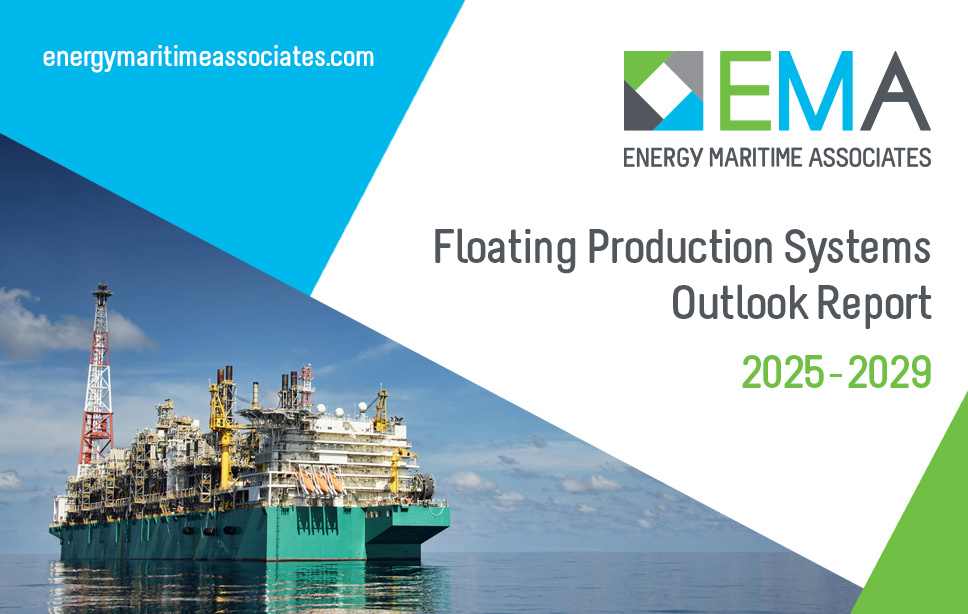
Christopher Bird on the old guard and next generation
Net Zero are the two words on everyone’s lips at the moment.
The International Energy Agency is just one of the organisations which has mapped out a pathway towards a decarbonised world. The proposals require a total transformation of the global economy between now and 2050.
The case for change is clear. Global temperatures are approaching the maximum increase of 1.5ºC above pre-industrial levels. Energy transition over the next few decades is essential for the future sustainability of the planet.
It’s an exciting and challenging time for the industry, but the transition won’t happen overnight. Instead, over the next several decades (maybe even a century) we need to see the oil & gas industry work together with new technologies associated with offshore electrification, floating wind, wave, tidal, hydrogen and offshore mining.
Remember the old guard
There are two important points to keep in mind with the energy transition. Firstly, we can’t forget the ‘old guard’ – oil and gas. There are clear targets in place to phase out reliance on fossil fuels – for example, banning new diesel and petrol cars from 2030 onwards and phasing out conventional domestic gas boilers.
But oil and gas will remain important in the years to come. Oil demand for chemicals and manufacturing is predicted to rise to more than 60 million barrels per day by 2050, with many forecasts going far higher.
Meanwhile, with most of the UK’s 28 million homes currently using gas boilers, switching over to alternative energy along with other energy demands such as electric cars and hydrogen production would require some 300 plus gigawatts (GW) of additional power (the UK can currently only generate 70GW of useable power).
The oil and gas industry will fuel the current energy transition and continue to supply parts of industry for several decades to come. There may be some transfer of skills from the sector into the green energy transition. But even as we support creating new jobs, we can’t afford a mass exodus away from oil and gas. It is essential to maintain a skilled workforce in this sector over the next few decades as well.
What’s the next step?
The second point is, ‘what kind of world do we want to live in?’ Moving to net zero is not simply a case of switching over wholesale to renewable electricity. We’ve seen significant gains in cutting energy use. In the UK, for example, which has a total installed capacity of around 106GW, measures have included installing high-efficiency electrical devices in homes and businesses, better lighting, and smart meters. But with many of the quick wins already claimed, what happens next?
Tough questions need to be asked by governments, businesses, and at a personal level on where our priorities lay – for transport, homepower choices, other energy consumption and, importantly, consumerism in what we buy. We must remember that 65% of emissions are due to product development, manufacture and supply. Therefore, the energy evolution is just the start, but the real challenge will be managing the social impact.
Energy transition offshore will only continue to grow and has enormous potential over the next century. In that time, old and new generations will need to work together, embracing new regulations, technology, and systems to keep pace with what lies ahead.
Christopher Bird is Chair of Riskwell and was one of the keynote speakers at the Floating Energy Forum held in June this year.

2 min read
Experts give their views on future of floating energy
Inaugural event helps industry leaders understand the challenges ahead Technological innovation. Learning from experience. Collaboration....

2 min read
Why net zero oil & gas leads to more opportunities
John Scrimgeour looks at the UK perspective on net zero oil and gas and the opportunities it creates We’re seeing a growing number of initiatives...

4 min read
What does ‘destination net zero’ mean for oil & gas?
COVID-19 has brought green energy further up the agenda Our energy use has changed dramatically in the last few months, the result of a global...



